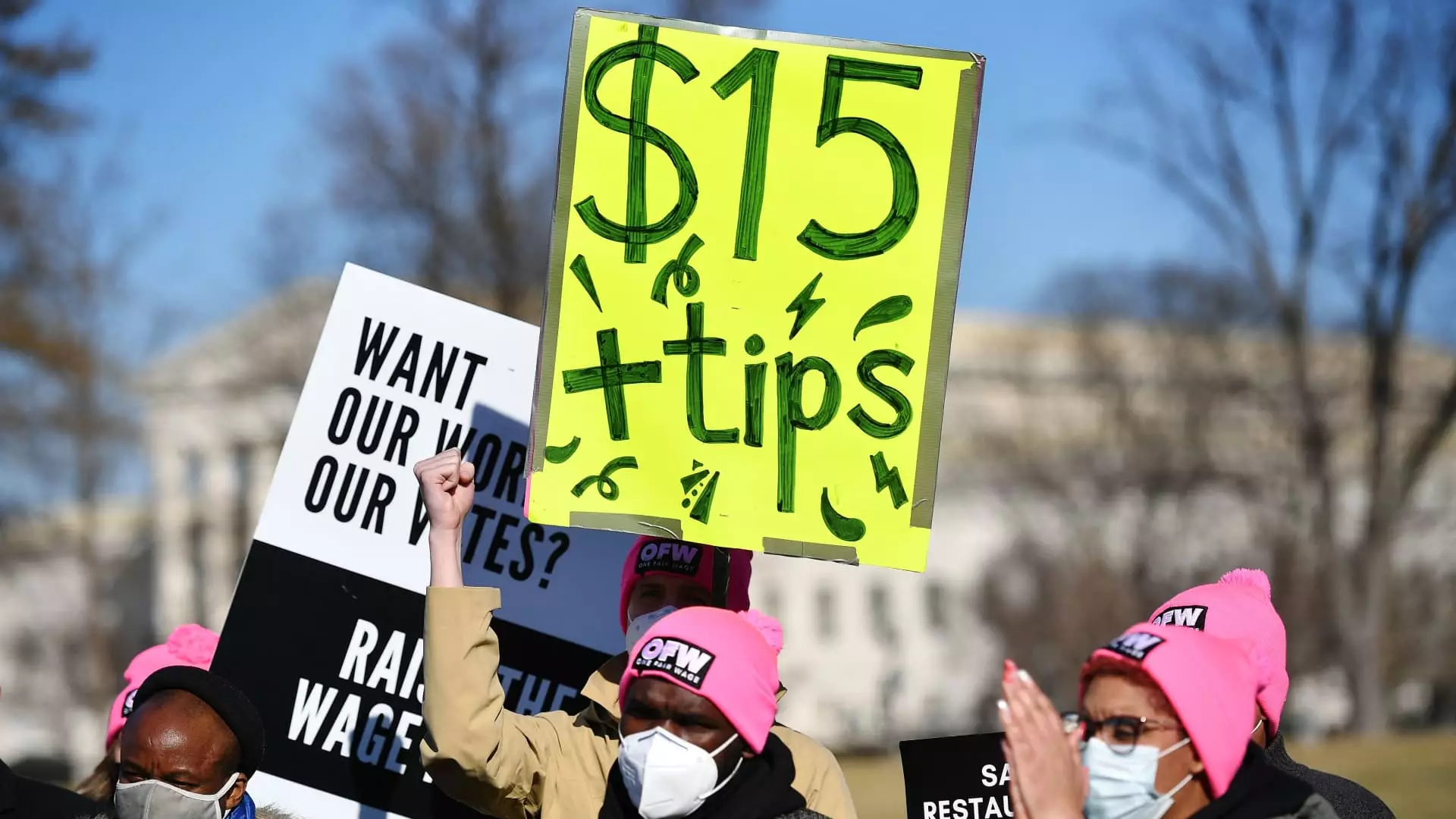The federal minimum wage has remained at $7.25 per hour for the past 15 years, leaving many workers struggling to make ends meet. Despite this, there are still 20 states where the minimum wage is no higher than the federal level. This stagnant federal minimum wage has prompted calls for change, with the aim of ensuring fair pay for workers across the country.
Democratic presidential nominee Kamala Harris has advocated for raising the federal minimum wage to improve the lives of working families. While specific details on how much the minimum wage should be raised have not been provided, Harris has praised states that have already increased the rate to $15 per hour. The push for change comes as a response to the growing income inequality and the need to ensure a living wage for all workers.
One of the arguments against raising the federal minimum wage is the concern over its impact on small businesses. Former President Donald Trump expressed worries about the potential negative effects on small businesses if wages were increased. However, research has shown that raising the minimum wage can actually benefit small businesses by boosting consumer buying power. When workers earn higher wages, they are more likely to spend that money, which in turn supports local businesses.
Advocates for increasing the federal minimum wage point to the economic benefits that come with higher wages. A higher minimum wage can lead to stronger consumer buying power, as low-wage workers have more money to spend on goods and services. This can help stimulate economic growth and benefit businesses across various industries. Additionally, raising the minimum wage would provide economic security to low-wage workers who are struggling to make a living.
Ben Zipperer, a senior economist at the Economic Policy Institute, highlights the importance of updating the federal minimum wage to address income disparities. Over the past 15 years, the minimum wage has lost a significant amount of its purchasing power. By increasing the minimum wage to $15 per hour, approximately 20 million workers would see an increase in their incomes. This change could help lift many workers out of poverty and provide them with a sense of financial stability.
Despite concerns about the impact on businesses, research has shown that raising the minimum wage can have positive effects on recruitment and retention of workers. Companies like Target and Walmart have already implemented higher minimum pay thresholds in response to labor market conditions. Advocates argue that there is a strong business case for raising the minimum wage, as it can benefit both workers and businesses in the long run.
The debate over raising the federal minimum wage is an important one that has implications for both workers and businesses. While there are valid concerns about the potential impact on small businesses, research has shown that increasing the minimum wage can have positive economic effects. By addressing income disparities and providing economic security to low-wage workers, raising the minimum wage can help create a more equitable society for all.

